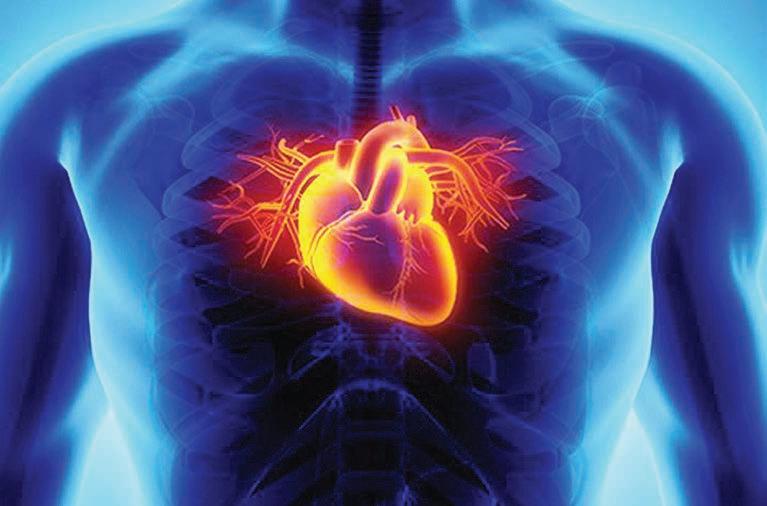
1 minute read
Grateful patient supports the Cardiovascular Institute for Research
Dennis Ratner has one simple but big reason to support St. Francis Hospital & Heart Center ®. “My feeling is that they saved my life,” said Ratner, who underwent coronary angioplasty and stent placement at St. Francis about 20 years ago under the care of Richard A. Shlofmitz, MD, System Chair of Cardiovascular Services, Catholic Health and Chair of Cardiology, St. Francis Hospital & Heart Center®. Ratner continues to receive care at the hospital and remains a grateful patient.
“I feel that I have some duty to help contribute to the ongoing betterment of their service,” Ratner added.
The exceptional care he received at St. Francis motivated Ratner to generously support The DeMatteis Center for Cardiac Research & Education, led by Ziad Ali, MD, DPhil.
While St. Francis cardiologists are busy treating patients, they also are frequently involved in research, which has accelerated at the hospital in recent years as physicians look for new ways to treat the many cardiovascular issues they see in patients every day.
One major research topic at The DeMatteis Center has been the use of advanced imaging and physiology technologies that optimize stent implantation. New technology acquired by St. Francis Hospital allows interventional cardiologists to work with precise measurements and optimize the placement of stents that are designed to hold a coronary artery open after a blockage has been cleared. Current research focuses on approaches to this technique that further protects patients from kidney injury by eliminating or sparing the need for contrast. Omar Khalique, MD, Director of the Cardiovascular Imaging Division, is working with Dr. Ali to advance this research.
The three physicians also are working at The DeMatteis Center to support research in microvascular dysfunction, which involves the smallest of vessels around the heart that are not often detectable via coronary angiography. This and other research advances are made possible with philanthropic support from grateful patients like Ratner.










